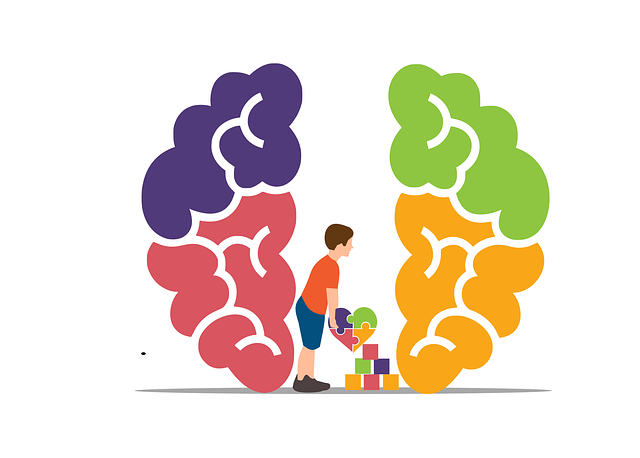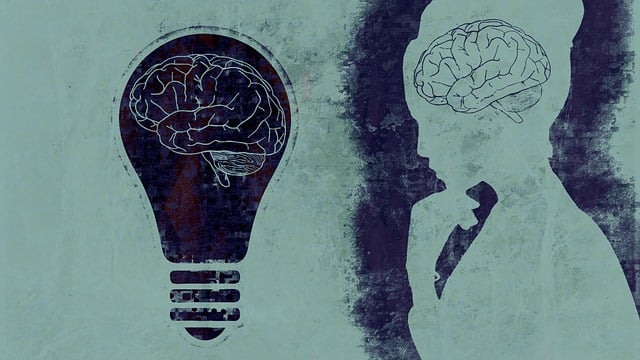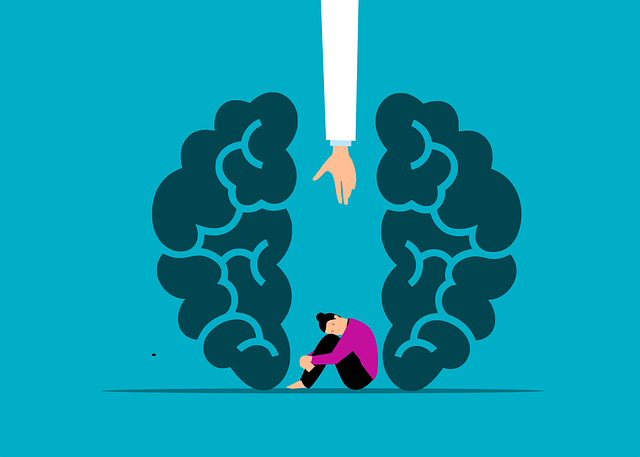Trauma from distressing events can lead to severe mental and physical health issues, requiring specialized support like Arvada Obsessive Compulsive Disorder (OCD) therapy. Understanding trauma's impact is crucial for effective care. By identifying community needs through surveys and focus groups, service providers in culturally diverse areas like Arvada can develop tailored services. A holistic approach includes clinical interventions, social support, and emotional networks, focusing on cognitive reframing, compassion cultivation, and self-esteem improvement. Cognitive Behavioral Therapy (CBT) is an effective CBT method for trauma recovery, helping individuals manage OCD symptoms and reduce stigma through public awareness campaigns, ultimately enhancing mental wellness and quality of life.
In a world where trauma impacts countless individuals, understanding its profound effects and providing adequate support is paramount. This article explores the critical role of trauma support services in communities, focusing on the unique challenges of Arvada Obsessive Compulsive Disorder (OCD). We delve into strategies for identifying unmet needs and highlight effective approaches like Cognitive Behavioral Therapy (CBT) to foster recovery. By examining these aspects, we aim to strengthen support systems, especially in addressing OCD within the Arvada community.
- Understanding Trauma and Its Impact
- Identifying Needs in the Community
- Building an Effective Support System
- The Role of Cognitive Behavioral Therapy in Trauma Recovery (with a focus on Arvada Obsessive Compulsive Disorder)
Understanding Trauma and Its Impact

Trauma is a profound and complex experience that can have lasting effects on an individual’s mental and physical well-being. It stems from diverse sources, such as violent or life-threatening events, accidents, natural disasters, or prolonged exposure to distressing situations. The impact of trauma varies widely; it can manifest as acute stress disorder, post-traumatic stress disorder (PTSD), anxiety, depression, or even somatization. Understanding these effects is crucial when accessing Arvada Obsessive Compulsive Disorder Therapy and other support services.
The mind has an incredible capacity for resilience, but without proper support, trauma can disrupt everyday functioning. Mind Over Matter principles emphasize the power of cognitive reframing and emotional regulation strategies to counteract traumatic responses. Compassion Cultivation Practices have gained recognition as effective tools for fostering self-compassion and reducing symptoms associated with trauma. By integrating these practices into therapeutic approaches, individuals can begin to heal and develop healthier stress management skills, ultimately improving their overall quality of life.
Identifying Needs in the Community

Identifying the needs of a community regarding trauma support is a crucial step in developing effective services. This process involves understanding the unique challenges and experiences that individuals within the community face, particularly those affected by disorders like Obsessive-Compulsive Disorder (OCD). In Arvada, for instance, where cultural diversity is prominent, tailored interventions are essential to address mental health issues. By conducting surveys, focus groups, and engaging with local organizations, service providers can uncover hidden barriers and unmet needs.
The emotional healing processes often require building resilience, especially in diverse communities. This involves creating safe spaces where individuals feel understood and supported, fostering open conversations about trauma, and offering accessible resources like the Mental Wellness Podcast Series Production. Such initiatives empower residents to take charge of their mental wellness and seek help when needed, thereby reducing the impact of traumatic experiences.
Building an Effective Support System

Building an effective support system is essential for providing comprehensive trauma care. This involves integrating various services tailored to individual needs. For instance, in Arvada, Obsessive Compulsive Disorder (OCD) therapy has proven successful in helping individuals manage their conditions. A holistic approach includes not just clinical interventions but also social and emotional support networks. Mental wellness coaching programs can empower clients to develop coping strategies, enhancing their resilience and overall mental wellness.
Risk management planning is crucial for mental health professionals to ensure safe and effective practice. By implementing these strategies, support systems can create a nurturing environment that fosters healing. Additionally, focusing on self-esteem improvement through therapy sessions equips individuals with the confidence to navigate life’s challenges, further strengthening their recovery journey.
The Role of Cognitive Behavioral Therapy in Trauma Recovery (with a focus on Arvada Obsessive Compulsive Disorder)

Cognitive Behavioral Therapy (CBT) plays a pivotal role in trauma recovery, offering effective strategies to help individuals manage and overcome their experiences. For those suffering from Arvada Obsessive Compulsive Disorder (OCD), CBT is particularly transformative. This form of therapy focuses on identifying and changing negative thought patterns and behaviors that contribute to OCD symptoms. By breaking down the cycle of obsessions and compulsions, CBT enables clients to regain control over their lives.
Empathy-building strategies within CBT create a safe space for individuals to express their experiences and fears without judgment. This fosters trust and encourages them to explore traumatic memories while learning healthy coping mechanisms. Additionally, public awareness campaigns development can further enhance understanding of OCD, reducing stigma and encouraging those affected to seek help. Through tailored therapy sessions, clients build confidence in managing their OCD symptoms, leading to improved mental well-being and a higher quality of life.
Trauma support services are vital for healing and recovery, especially in communities where mental health challenges like Arvada Obsessive Compulsive Disorder (OCD) are prevalent. By understanding trauma’s impact and identifying community needs, we can build effective support systems. Cognitive Behavioral Therapy (CBT), a proven approach, plays a crucial role in trauma recovery, as seen with OCD. Through comprehensive care, tailored to individual needs, communities can foster resilience and enhance the well-being of those affected by trauma.














